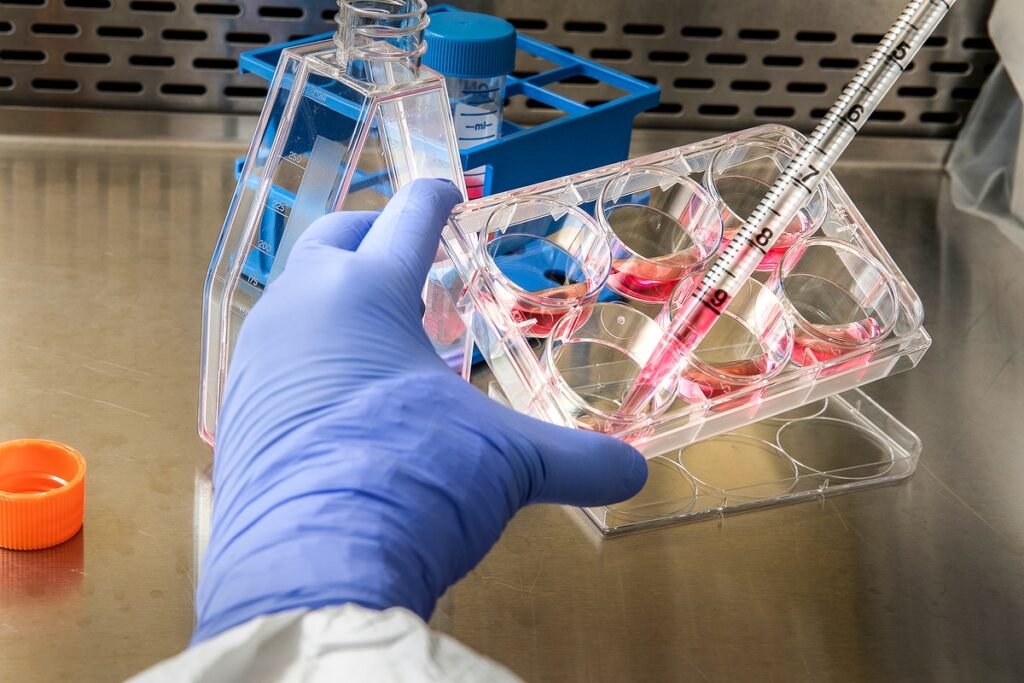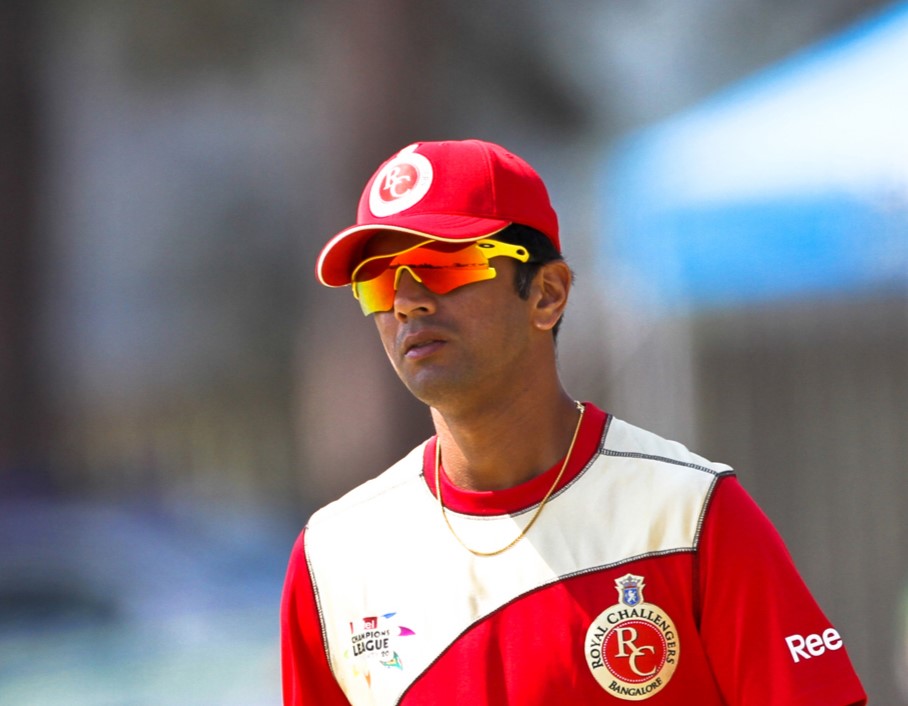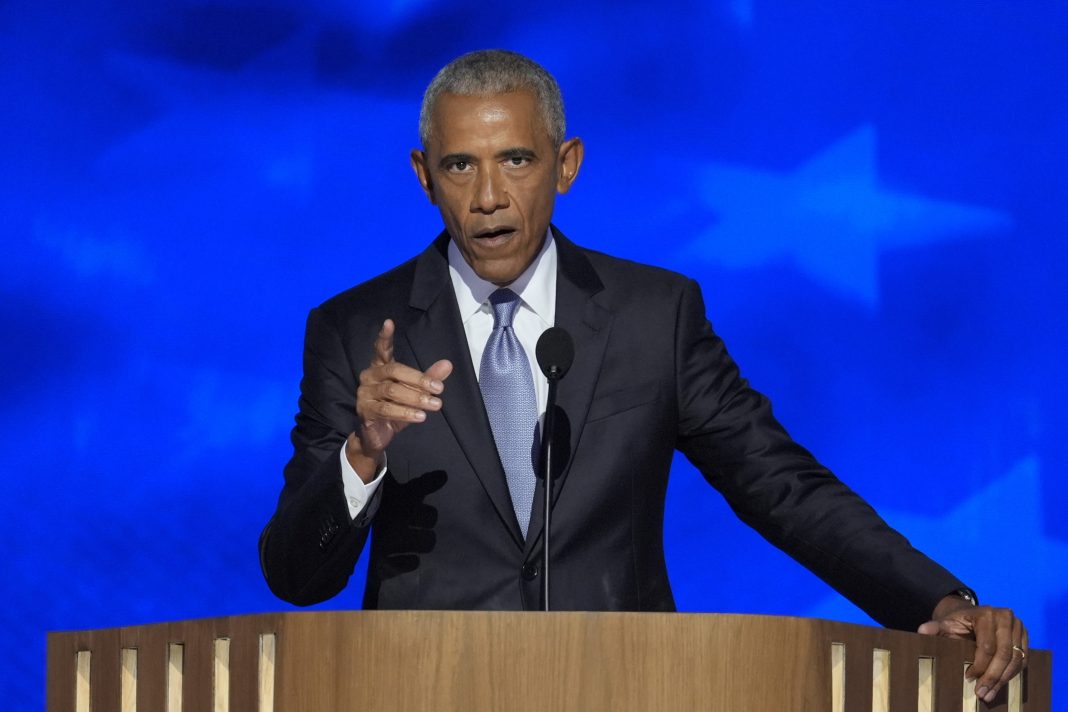The UK on Wednesday announced new GBP 3.1 million funding to work with the Democratic Republic of the Congo (DRC) to bolster the regional African response to outbreaks of Mpox and cholera in the country.
The funding announcement follows a declaration from the World Health Organisation (WHO) that the upsurge of Mpox in the DRC and a growing number of countries in Africa constitutes a public health emergency of international concern (PHEIC).
During a visit to the Institute National de Recherche Biomedical (National Institute of Biomedical Research) in the DRC, minister Lord Ray Collins announced the funding for a new partnership with UNICEF aimed at benefiting over 4.4 million people in affected communities and preventing the further spread of Mpox to neighbouring countries.
“Working together, with our partners and using the expertise and dedication of Congolese scientists, including those at the world-leading research centre I have visited in DRC, our support will play an important role in ensuring global health security for all,” said Collins, UK Foreign, Commonwealth and Development Office (FCDO) minister in charge of Africa.
“By protecting the health and wellbeing of communities across DRC, and by helping contain these outbreaks, we reduce the risk of diseases spreading further afield. This will ultimately benefit us all,” he said.
There have been more than 17,000 Mpox cases and 571 deaths in Africa this year, following the emergence of a new clade 1b variant of the disease first spotted in the DRC.
Mpox, previously referred to as monkey pox, causes blisters on the face and elsewhere, and mainly spreads when fluids from these lesions are passed on during sexual contact. But it can also be spread through other types of skin-to-skin contact, as well as an infected person coughing or sneezing nearby, and can even be spread by touching clothing, bedding, or towels used by someone with Mpox. The smallpox vaccine is used to protect against its spread.
The UK said it remains in regular contact with the WHO and the Africa Centres for Disease Control and Prevention on developments of the outbreak and the UK Health Security Agency (UKHSA) is closely monitoring the situation. India is also on high alert over the disease, which has reportedly been detected outside Africa in Sweden and Pakistan.
“The UK’s support to the DRC, in partnership with UNICEF, on the Mpox response, will contribute to saving the lives of affected populations by aligning with the DRC’s national Mpox preparedness and response plan,” said Professor Christian Ngandu, Public Health Emergency Operations Centre Coordinator at DRC’s National Public Health Institute.
The funding announcement came as Collins visited DRC this week to bolster bilateral ties between the UK and DRC and drive forward the bilateral relationship in key areas, including climate and trade and investment.
The minister also announced GBP 6 million of new UK funding to provide clean drinking water and sanitation to some 200,000 displaced in partnership with UNICEF and SAFER, helping improve access to clean water for all. The FCDO said this forms part of a three-year humanitarian programme in the east of DRC, providing life-saving emergency assistance and increasing the resilience of crisis-affected communities affected by the conflict.(PTI)




